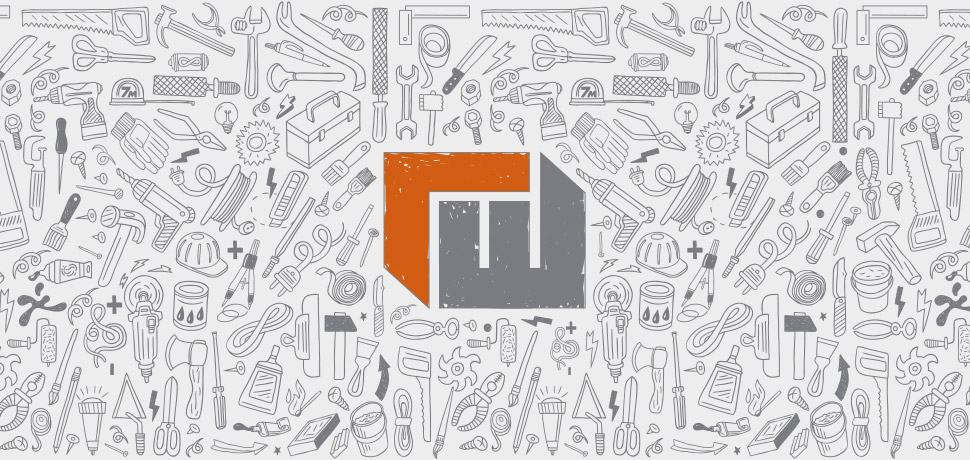
Strategy Over Software
During the past few weeks my family and I have been busy sorting through our belongings, packing boxes and making arrangements for a move back to Florida. It’s been quite hectic around our house.
That’s because after 10 years of marriage and two kids, we’ve seemed to accumulate a lot of junk. We’ve got closets stuffed with toys and games, cabinets full of unwanted dishes and cooking equipment, lots of old electronics, fishing gear, camping equipment, Christmas decorations, arts and crafts supplies – and the lists goes on and on.
But nothing compares to the mess of gently used tools hiding in my garage. From power drills and table saws, to pressure washers and air compressors, if you can buy it at Home Depot it’s probably sitting in my garage collecting dust.
I really don’t know why I bought them all. I don’t do a lot of handyman work. I’m in the office most of the day.
So, what am I doing with a $500 paint sprayer when I can rent one for $50? Did I really think I would be painting that many walls?
And why am I painting anyways? A professional painter can do a better job with a roller and a bucket of cheap paint, than I could ever do with an expensive paint sprayer.
It just doesn’t make any sense. So I sold it, along with a lot of other tools I don’t need.
And as I sorted through the endless pile of toolboxes and storage bins in my garage, it gave me a lot of time to think about my tool buying behavior. I’m guilty of this habit not just at home, but in my business too.
Time to Evaluate Your Marketing Tool Buying Behavior
As marketing professionals, we are surrounded by emerging technologies and bombarded with the latest digital marketing trends. It seems like there is always a new marketing software or digital platform to buy, from content management systems and eCommerce platforms, to marketing automation software and social media graders, to research libraries and data analyzers.
It’s tempting to want new software – especially if we think it can help us generate more leads and sales. But unfortunately, many of these systems are a waste of our precious time and money.
How to Determine if You Need Marketing Software
It’s not easy to separate the necessary from the unnecessary, so to help I’ve come up with five questions to ask before buying marketing software. You can use this list to help evaluate your next purchase.
- Do I actually need this marketing tool?Just because there’s a new marketing tool out there doesn’t mean you need to buy it. Tools have one purpose – and that is to solve a problem. If you don’t have a problem, don’t buy the tool. It’s that simple.
- Does this tool adequately solve my problem?Make sure the tool you’re selecting is powerful enough to solve the problem – but not too powerful. There’s no need to kill an ant with a sledgehammer, so avoid buying bulky tools with unwanted features that will trip you up and slow you down.
- Can I realistically learn how to use this software?Learning new software can be difficult, so make sure you are capable of taking on that challenge. At the bare minimum you will need time for training and support, and the patience to learn.
- Will this tool require additional financial investments?From my experience every tool requires ongoing management and maintenance. You will need someone to manage your new tool, either part-time or full-time. And the cost of that management is usually positively correlated to the price of the software. The more expensive the tool, the more management and maintenance will be required.
So when you evaluate the total budget for a new tool, don’t forget to consider labor costs for implementation, ongoing management, ongoing support and expert consultations. - Does this tool seamlessly integrate with my other tools?Don’t buy a tool that doesn't work well with other tools. You’ll regret it later. Especially when it comes to big systems that you use everyday, like your content management system, eCommerce storefront, customer relationship management tool or marketing automation software.
These systems should integrate seamlessly, so make sure the marketing tool you select plays well with others.
Remember, tools don’t generate results. People with strategies do.
Think about it. Just because you invest in a marketing automation system, doesn’t mean you’ll get more qualified leads. You need a strategy for that, and a team of marketing professionals to make it happen.

